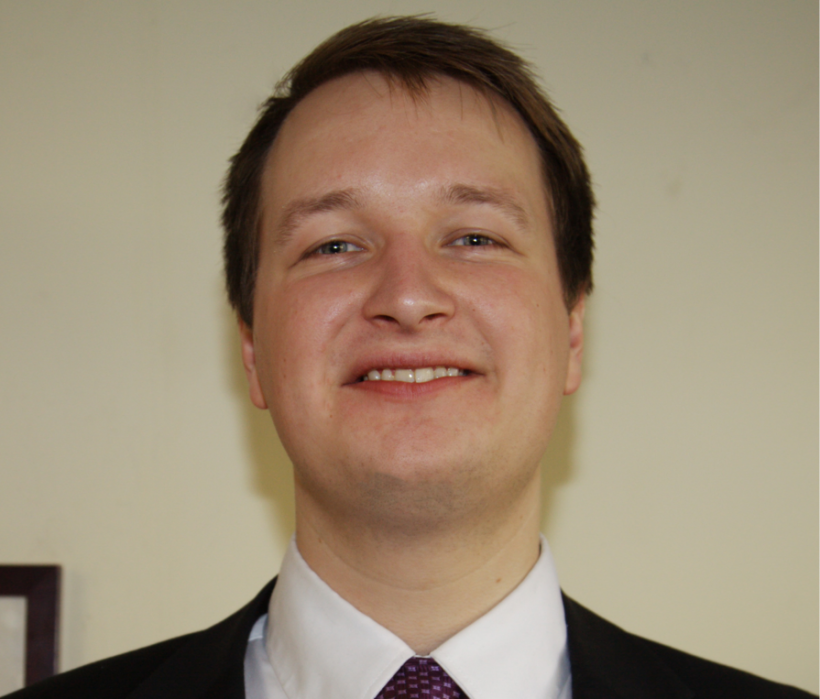Mathias Nielsen is like a one-man diversity project. Born in Denmark, Nielsen once developed an app in China that gauged the authenticity of expensive alcohol. Now he’s based in St. John’s where he’s launched technology that helps mink farmers better manage their operations.
The Mink Manager technology provides farmers with services such as analytics, reports, medical test tracking and custom-made breeding programs.
“I saw the need for this after visiting farms that were using paper systems,” Nielsen said. “Mink is a billion-dollar industry, although it took a hit when the price of mink fur fell in 2014,” he said. The slump in mink prices hit Nova Scotia’s mink industry hard.
“Many farms amalgamated and operations grew. Those farms need management tools. And the mink industry is growing now . . . Auction houses are selling mink for reasonable prices again.”
Nielsen’s new business stems from his peripatetic life. He spent many of his early years in Greenland after his father, who was in the fur trade, moved his family there from Denmark. The young Nielsen spent time with the Inuit people and learned their language.
He lived in China for seven years, where he worked with Nokia and Apple, learned Mandarin and developed an app called JiaJiu to check alcohol’s authenticity.
When he and his wife Jade started a family, they decided to move to avoid Beijing’s famous pollution, so they joined his parents and one of his brothers in St. John’s.
Genesis Centre Celebrating 20th Anniversary
Nielsen recently took Mink Manager through the Launch program run by regional accelerator Propel ICT. He has acquired clients and is finding St. John’s a good place to start a business.
“St. John’s is Greenland with infrastructure,” said the new resident, who is now father to a little boy named Oliver.
“Newfoundlanders are very welcoming and it’s becoming a good environment for startups . . . It’s a similar setup to Denmark, where there’s a good startup community. There’s not the same support in China.”
Still, he created his alcohol-testing app in China and later sold the business. The app he created allowed clients to test whether the alcohol they’d purchased was genuine and whether the bottle had been refilled.
“In China, it’s estimated up to 65 per cent of the alcohol on the market is fake,” he said. “The product may smell similar and the bottle looks the same. In bars and clubs, clients pay the real price believing the whiskey, champagne, vodka, or whatever they’ve ordered is real.
“We put test-me labels on real bottles so customers could see if the product was fake or not. Bars pushed it out for us. The app tested the sticker. If the bottle had been previously opened, the app alerted the client.”
Nielsen said his mink management technology could be used to manage other types of farms. It could be particularly useful for improving breeding programs, he said.
He’s building a team at Mink Manager. Including himself, there will soon be three staff. They will be working with the technical developers who built his alcohol-testing app and are based in China and India.
He hopes to be able to build a global company from St. John’s. He’s also enjoying the Atlantic Canadian environment and climate, which is suitable for farming some mink breeds.
“In St. John’s, I also enjoy the nature I loved in Greenland,” he said.










